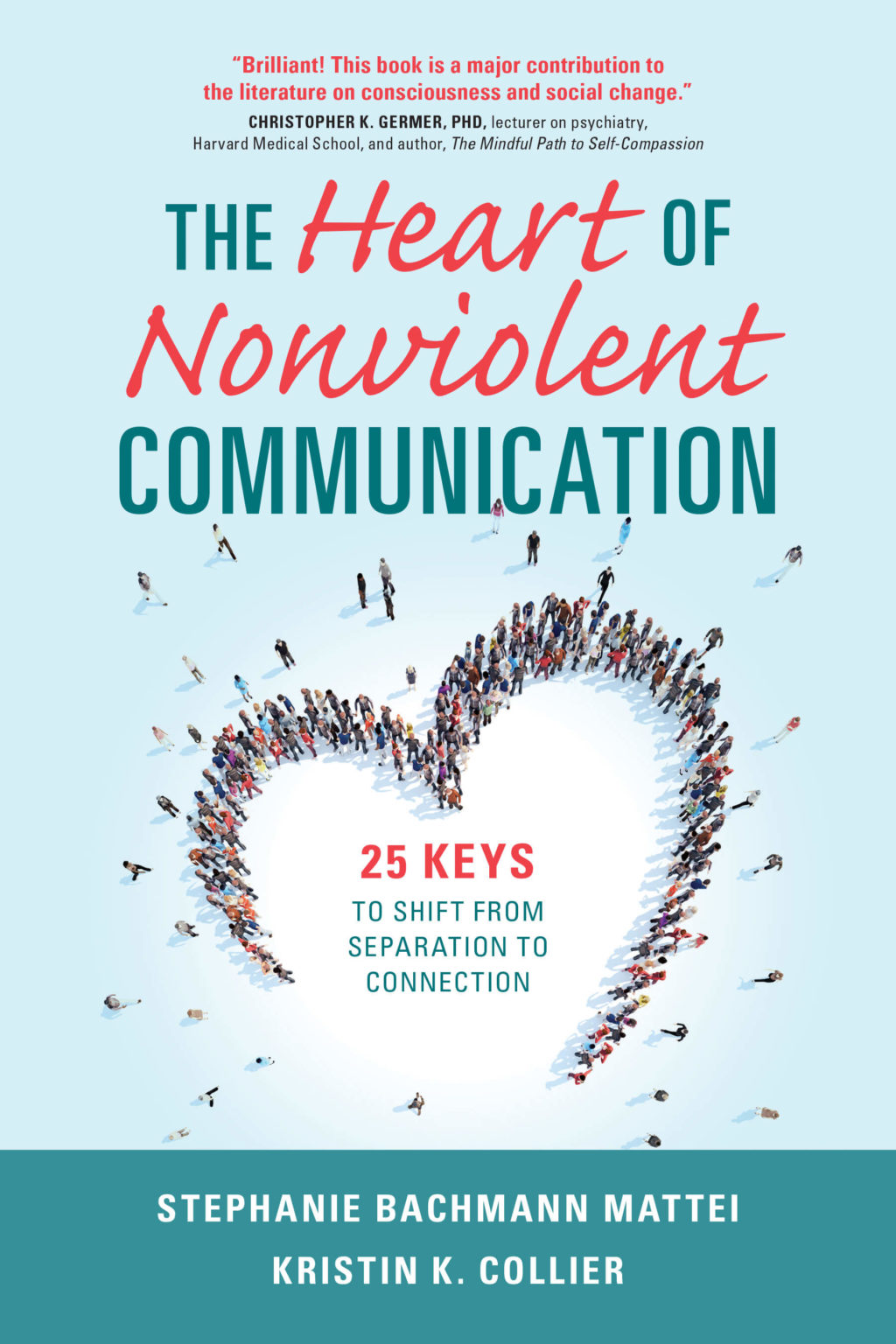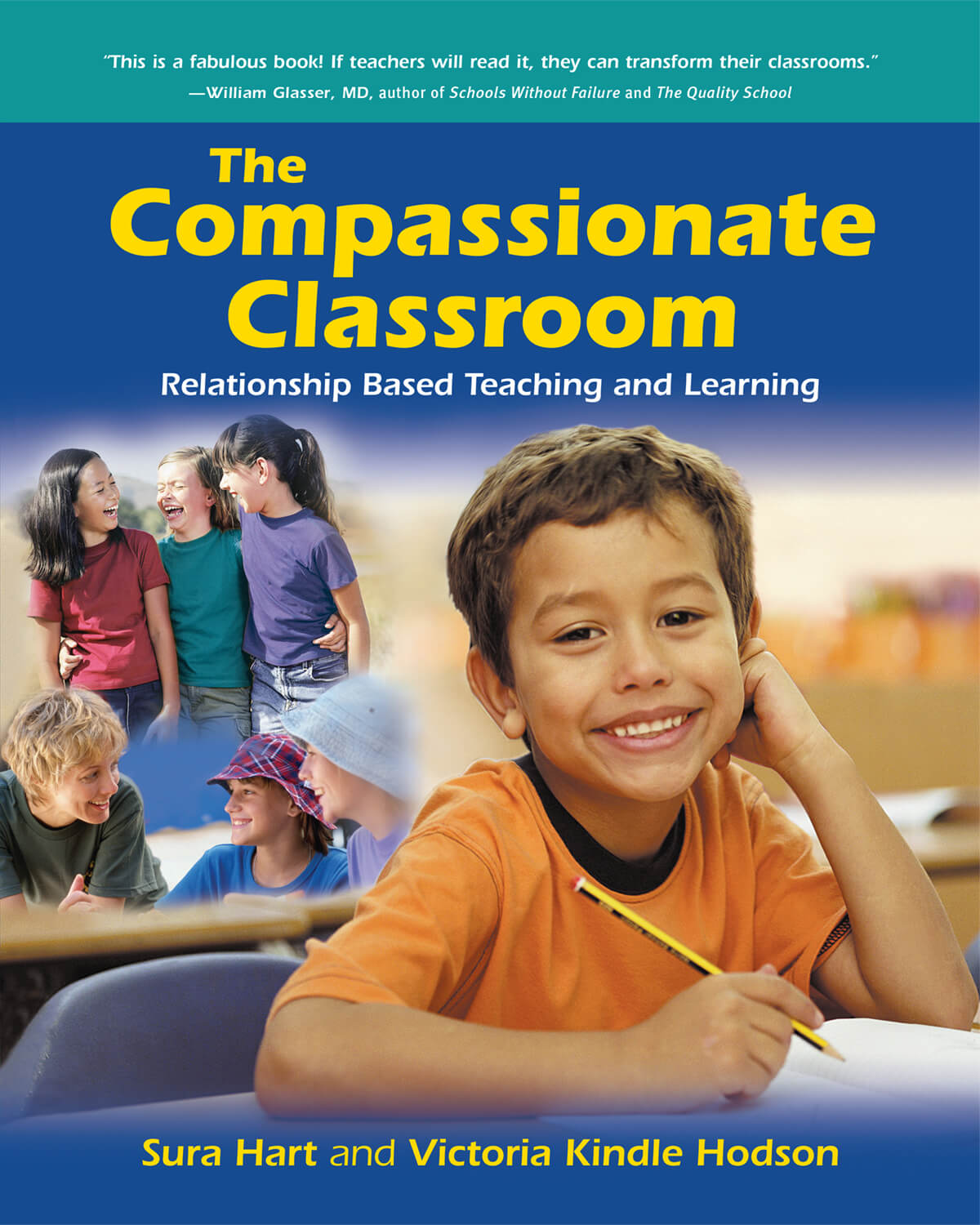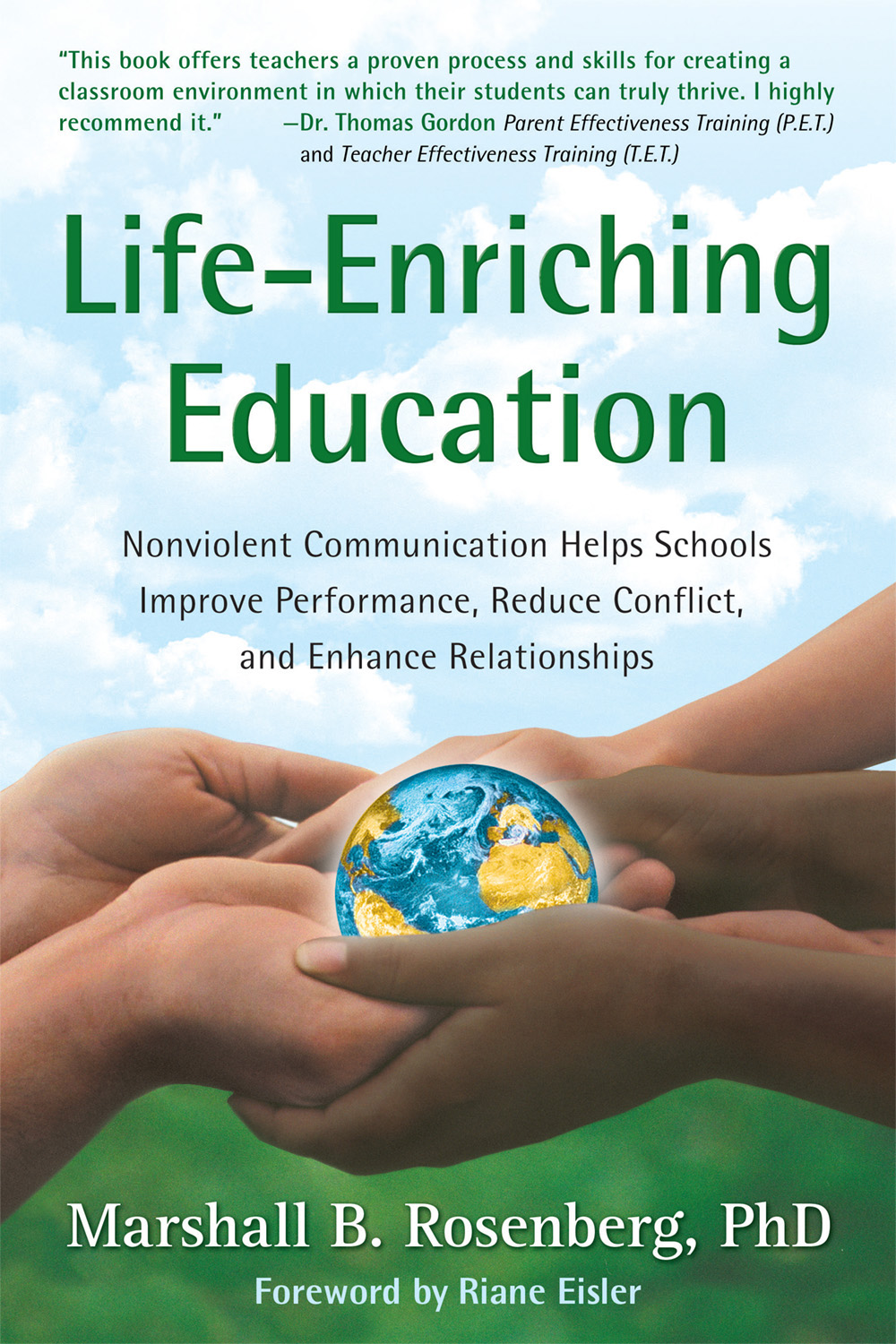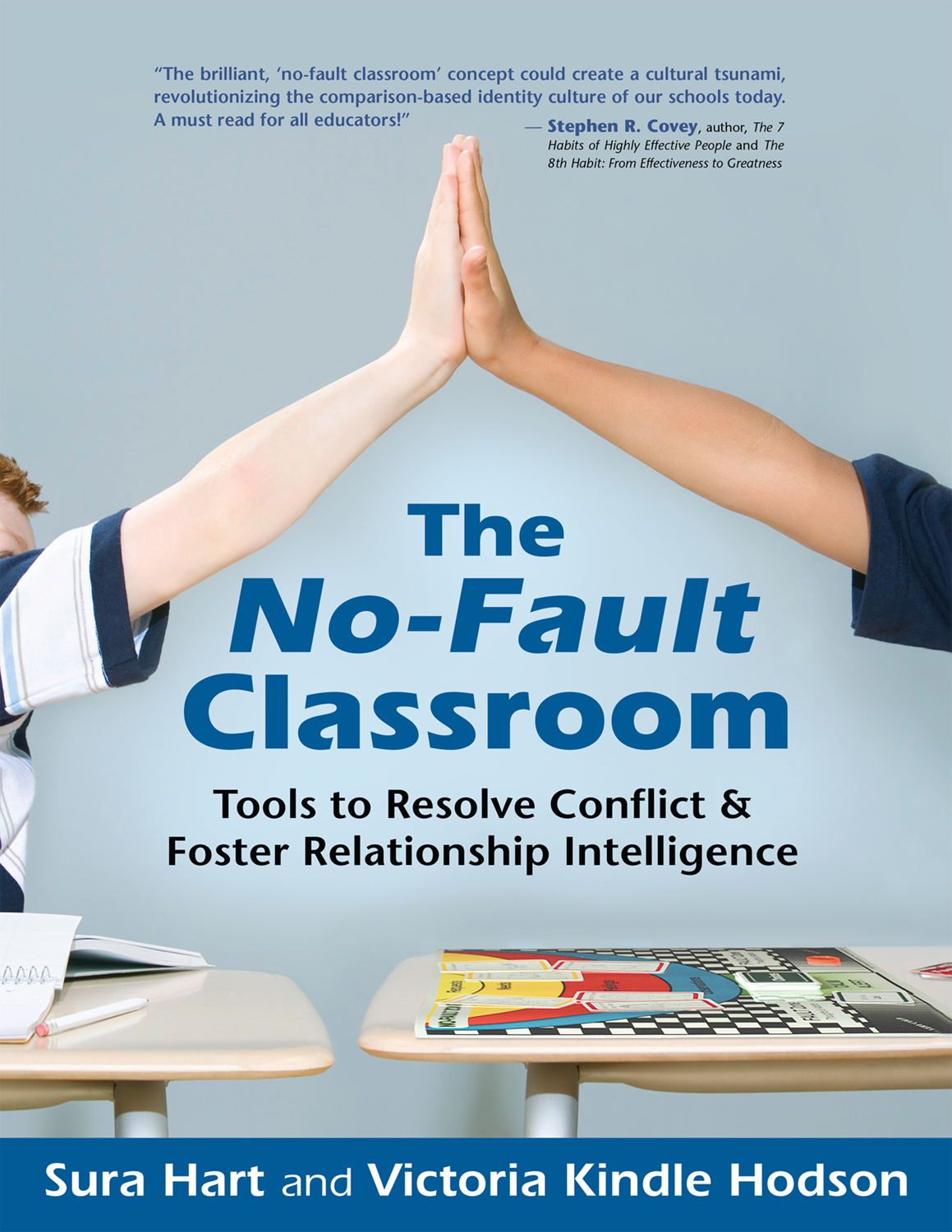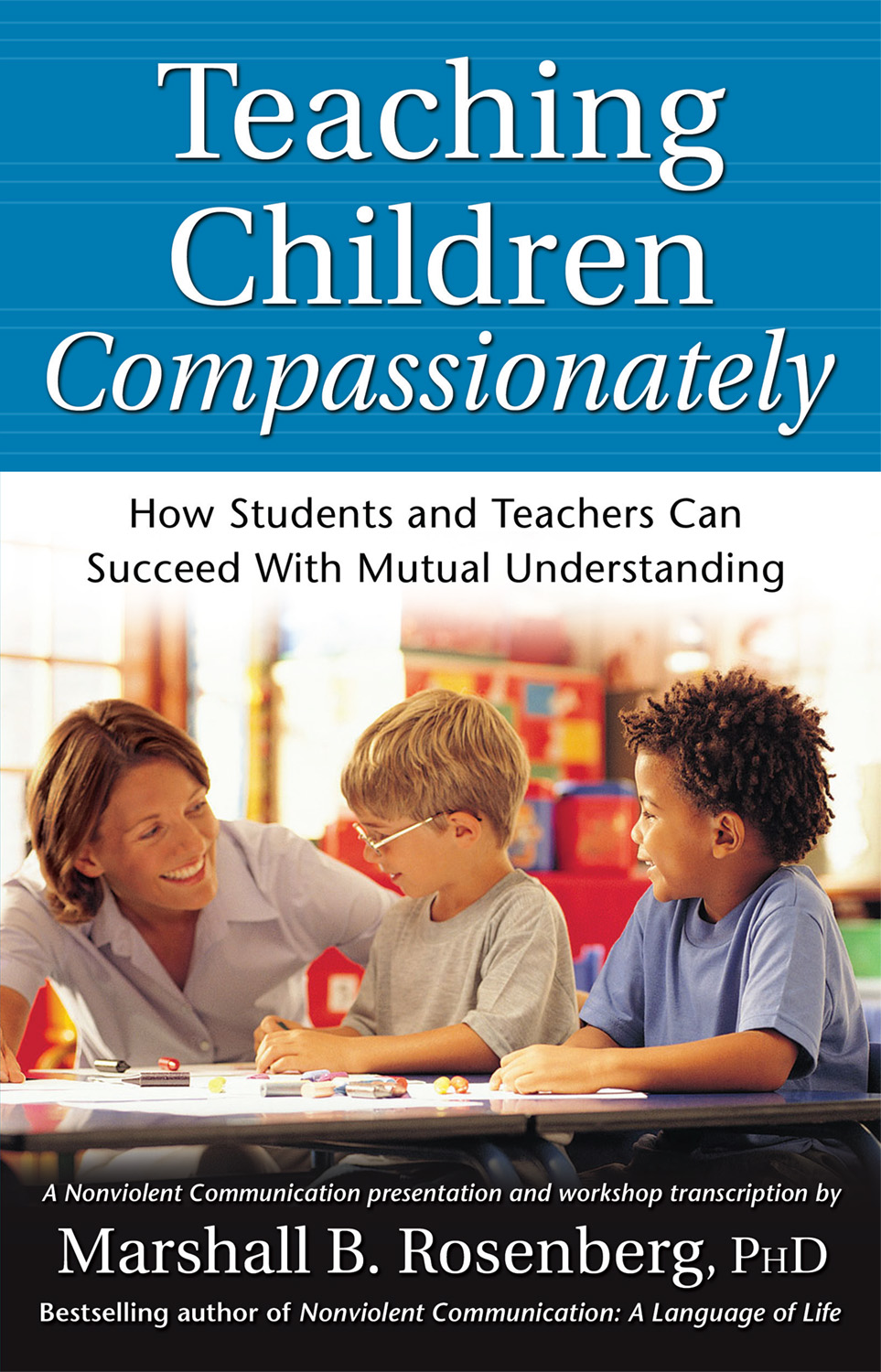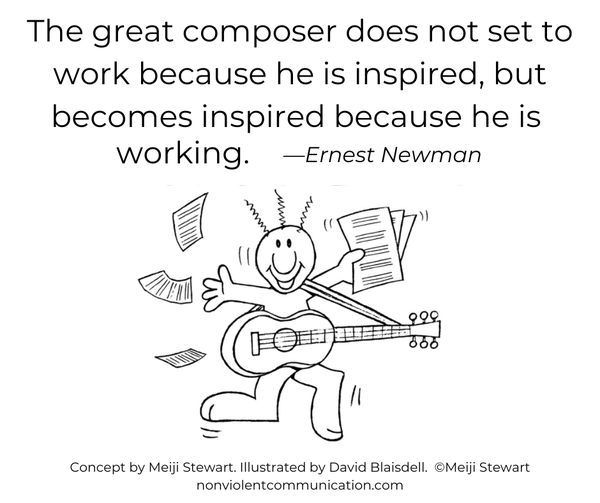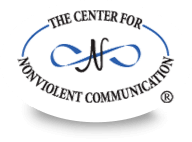|
|
|
|
NVC Monthly NewsletterMay 2023 |
We hope you find value in the resources we are providing today! We invite you to share with friends, family, colleagues, and others, if you believe they might also find value in this. Our most recently featured topic is written on EDUCATION. Our website covers over 35 different topics from an NVC perspective-all written by a senior certified trainer on behalf of PuddleDancer Press. Please read some to learn more. If you are new to Nonviolent Communication please visit our page on the basics of Nonviolent Communication. Please stay safe and healthy! Thank you :) PuddleDancer Press
What You'll Find in This Month's Newsletter:Events - New Book! - The Heart of Nonviolent Communication
- The Compassion Course - Thom Bond
Articles - Nonviolent Communication and Education
- Better Boundaries - Going Beyond Judgement, Shame and Blame - Part 2 of 3
By Beth Banning
Book Specials 50% OFF both full Retail and eBooks Price - The Compassionate Classroom
- Life-Enriching Education
- The No-Fault Classroom
- Teaching Children Compassionately
Distance Learning Opportunities - NVC Academy
- The Center for Nonviolent Communication Trainings
Book Excerpts - The Compassionate Classroom - Chapter 1
- Life-Enriching Education - Chapter 1
- The No-Fault Classroom - Chapter 1
- Teaching Children
Compassionately - Chapter 1
Handouts - Downloads
- Recommended Links
Humor Peaceful Daily Reflection/Meditation Poem Resources - Becoming a CNVC certified trainer
- Guidelines for Sharing NVC for Individuals who are not Certified Trainers
Video - Get Service - "Be kind, for everyone you meet is fighting a hard battle." -Plato
NVC Resources - NVC TIP SERIES (Free daily and weekly tips)
- FREE RESOURCES
- NVC FACEBOOK GROUPS
- NEW ** NVC LINKEDIN GROUPS ** NEW
|
New Title! - The Heart of Nonviolent Communication Now 30% off retail!
Do you want to express yourself honestly and compassionately? Learn to live in choice rather than submit or rebel? This book explores 25 key distinctions that reveal the consciousness embedded in Nonviolent Communication.
Drawing on brain science with awareness of systemic conditioning, each chapter presents examples from around the world alongside practices that will move you toward the spirit of true connection.
25 Key Distinctions - Life-Connected and Life-Disconnected Mindsets
- Value Judgments and Moralistic Judgments
- Interdependence and
Dependence/Independence
- Power-With and Power-Over
- Choice and Submission/Rebellion
- Observation and Observation Mixed With Evaluation
- Feelings and Feelings Mixed With Thoughts
- Needs and Strategies
- Requests and Demands
- Idiomatic Language and Classical(Formal) Language
- Being Giraffe and Doing Giraffe
- Empathy and Sympathy/Other Responses
- Empathic Sensing and Intellectual Guessing
- Self-Empathy and Acting Out, Repressing or Wallowing
- Giraffe Honesty and Jackal Honesty
- Protective and Punitive Use of Force
- Respect for Authority and Fear of Authority
- Self-Discipline and Obedience
- Natural and Habitual Ways of Being
- Vulnerability and Weakness
- Stimulus and Cause
- Persisting and Demanding
- Shift and Compromise
- Appreciation and
Approval/Compliments/Praise
- Love as a Feeling and Love as a Need
The Compassion Course with Thom Bond
"For anyone who wants to have more compassion, understanding and harmony in their lives and in our world” The 2023 Course Registration is now open.
Results you can expect from the course: - Experience more harmony and understanding with important people in your life
- Have less painful, shorter conflicts
- Have more awareness of your needs, wants and
desires
- Have your needs expressed and understood
- Increase congruence between your values and actions
- Translate judgments into dialogues & requests
- Increase harmony and understanding among others
- Stay more centered, open and effective in conflicts
|
Nonviolent Communication and Education |
Nonviolent Communication Skills and Education means creating an environment of safety and trust — in support of learning — for the entire community. NVC in education creates safety and
trust by giving children, parents, families, teachers, and school staff the opportunity to be heard deeply, to experience a community of support, to express fully in a way most likely to lead to connection, and to develop ease and confidence around preventing and resolving conflicts. Nonviolent Communication skills in education — when considered deeply —
elicit a new awareness about who we are as human beings and why we are here.
Better Boundaries - Going Beyond Judgement, Shame and Blame - Part 2 of 3 by Beth Banning
Sometimes the world can seem like a dense forest, where we can easily get lost and disoriented, unsure where to turn. So many decisions and seemingly so little time to make them. This lack of direction can be stressful and even overwhelming. In these moments, it is tempting to protect ourselves by creating boundaries that would guard us against all possible troubles that may lie
ahead and keep us on track until we find our way out of the woods. |
GREAT TEACHERS
Awaken hearts and minds. Believe in possibilities. Challenge you to soar. Dare to care. Enlighten and empower. Foster respect and laughter. Get involved. Help you do for yourself. Invite and encourage questions. Joyfully embrace diversity. Keep an open mind. Look for the best in you. Make a difference. Never give up on you. Provide a sense of belonging. Quest to make learning fun. Remember what it’s like to be
you. Stimulate creative self-expression. Take time to explain things. Unwrap talents and abilities. Value everyone’s feelings and needs. Welcome mistakes as part of learning. Xplore, experiment and lead by example. Yearn to connect not correct. Zest to build a better world. © Meiji Stewart |
"WE HAVE BEEN educated to work for extrinsic rewards, not to look at whether what we’re doing is serving life." Marshall Rosenberg |
"UNFORTUNATELY, WE WERE educated in guilt-inducing ways by authorities—teachers, parents, etc.—who used guilt to mobilize us to do what they wanted." Marshall Rosenberg |
The Compassionate Classroom - Chapter 1 |
Life-Enriching Education - Chapter 1 |
The No-Fault Classroom - Chapter 1 |
Teaching Children Compassionately - Chapter 1 |
"WE RECOGNIZE THAT real educational reform is essential if today’s and tomorrow’s children are to live in a more peaceful, just, and sustainable world." Marshall Rosenberg |
"THOUGH THE ROAD to educational innovation is not easy, I see it as a powerful way to ever achieve peace on this planet.
If future generations can be educated in schools structured so that everyone’s needs are valued, I believe they will be better able to create life-enriching families, workplaces,
and governments." Marshall Rosenberg |
CNVC is committed to the vision of a critical mass of the world's population using Nonviolent Communication (NVC) to resolve differences peacefully. A strong community of qualified trainers will play an important role in the realization of this goal.
|
The NVC Academy offers hundreds of affordable online personal growth courses and resources to learn Nonviolent Communication from home.
|
The Center for Nonviolent Communication
The Center for Nonviolent Communication (CNVC) is a global organization that supports the learning and sharing of Nonviolent Communication (NVC), and helps people peacefully and effectively resolve conflicts in personal, organizational, and political settings.
|
"FIRST THING WE do is we want to teach these students how to work for intrinsic motives, not extrinsic.
If you don’t see how something is going to enrich your life, why do it?
If you don’t see how it’s going to serve life, why do
it?" Marshall Rosenberg |
Get Service an Inspirational Video "Be kind, for everyone you meet is fighting a hard battle." -Pluto |
"I’M SUGGESTING TODAY that we never evaluate a student’s performance by any jackal language. Let’s get the following words out of our consciousness as teachers: right, wrong, good, bad, correct, incorrect, slow learner, fast learner. This is dangerous language." Marshall
Rosenberg |
Stay Connected to the Values of Compassion With the Free 365 Daily Peaceful Living Meditations.
Think for yourself and let others
enjoy the right to do the same. —Voltaire
Punitive Use of Force Punitive use of force takes place when we punish people because we deem their behavior to be bad or wrong and the only way to change their behavior is to make them ashamed about doing it or feel afraid of doing it again. This consciousness arises from the belief that people do things that are dangerous to themselves or others because they are bad. It also assumes that we are in a position to determine
what is good and what is bad, and that we have the power to enforce our views of this. For instance, if you refuse to make dinner to punish your spouse for being late, you are operating in a punitive use of force model, punishing someone for perceived bad behavior. If you take the kids out to dinner without her because they are hungry, free of any judgment about your spouse’s lateness, you are operating in a protective use of force model because you focus on supporting
your children, not punishing your wife. This consciousness serves life without judgment and blame. Be aware today of when you are using force in a punitive way. |
- NVC TIP SERIES (Free daily and weekly tips)
- FREE RESOURCES
- NVC FACEBOOK PAGES
We hope you find value in our monthly newsletters. We would love to receive ANY feedback or suggestions you may want to share. Please let others know about our newsletter to help spread nonviolent communication, love, hope, humor and compassion, if you are willing :)
We want a more compassionate, equitable, peaceful, safe and healthy world.
Please be safe!
Warmly,
PuddleDancer Press
|
|
|
|
|
|
|
|
|
|


